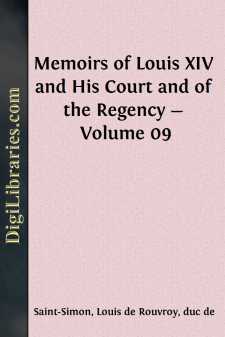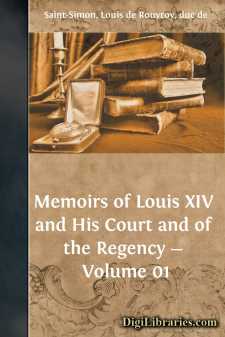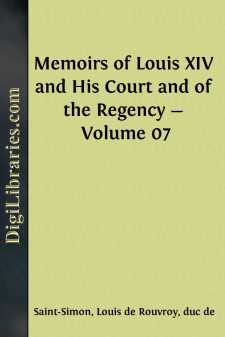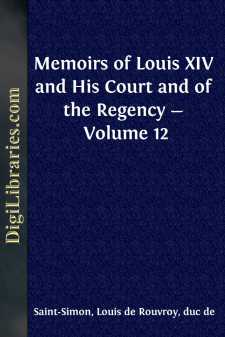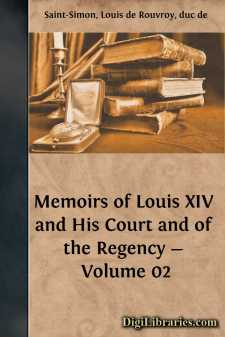Categories
- Antiques & Collectibles 13
- Architecture 36
- Art 48
- Bibles 22
- Biography & Autobiography 813
- Body, Mind & Spirit 141
- Business & Economics 28
- Children's Books 12
- Children's Fiction 9
- Computers 4
- Cooking 94
- Crafts & Hobbies 4
- Drama 346
- Education 46
- Family & Relationships 57
- Fiction 11826
- Games 19
- Gardening 17
- Health & Fitness 34
- History 1377
- House & Home 1
- Humor 147
- Juvenile Fiction 1873
- Juvenile Nonfiction 202
- Language Arts & Disciplines 88
- Law 16
- Literary Collections 686
- Literary Criticism 179
- Mathematics 13
- Medical 41
- Music 40
- Nature 179
- Non-Classifiable 1768
- Performing Arts 7
- Periodicals 1453
- Philosophy 64
- Photography 2
- Poetry 896
- Political Science 203
- Psychology 42
- Reference 154
- Religion 513
- Science 126
- Self-Help 83
- Social Science 81
- Sports & Recreation 34
- Study Aids 3
- Technology & Engineering 59
- Transportation 23
- Travel 463
- True Crime 29
Sort by:
Let me here relate an incident which should have found a place earlier, but which has been omitted in order that what has gone before might be uninterrupted. On the 16th of the previous July the King made a journey to Fontainebleau, where he remained until the 14th of September. I should suppress the bagatelle which happened on the occasion of this journey, if it did not serve more and more to...
more...
INTRODUCTION No library of Court documents could pretend to be representative which ignored the famous "Memoirs" of the Duc de Saint-Simon. They stand, by universal consent, at the head of French historical papers, and are the one great source from which all historians derive their insight into the closing years of the reign of the "Grand Monarch," Louis XIV: whom the author shows to be...
more...
The death of D'Avaux, who had formerly been our ambassador in Holland, occurred in the early part of this year (1709). D'Avaux was one of the first to hear of the project of William of Orange upon England, when that project was still only in embryo, and kept profoundly secret. He apprised the King (Louis XIV.) of it, but was laughed at. Barillon, then our ambassador in England, was listened...
more...
INTRODUCTION No library of Court documents could pretend to be representative which ignored the famous "Memoirs" of the Duc de Saint-Simon. They stand, by universal consent, at the head of French historical papers, and are the one great source from which all historians derive their insight into the closing years of the reign of the "Grand Monarch," Louis XIV: whom the author shows to be...
more...
The Abbe Alberoni, having risen by the means I have described, and acquired power by following in the track of the Princesse des Ursins, governed Spain like a master. He had the most ambitious projects. One of his ideas was to drive all strangers, especially the French, out of the West Indies; and he hoped to make use of the Dutch to attain this end. But Holland was too much in the dependence of...
more...
To return now to the date from which I started. On the 6th of August, 1695, Harlay, Arch-bishop of Paris, died of epilepsy at Conflans. He was a prelate of profound knowledge and ability, very amiable, and of most gallant manners. For some time past he had lost favour with the King and with Madame de Maintenon, for opposing the declaration of her marriage— of which marriage he had been one of the...
more...


